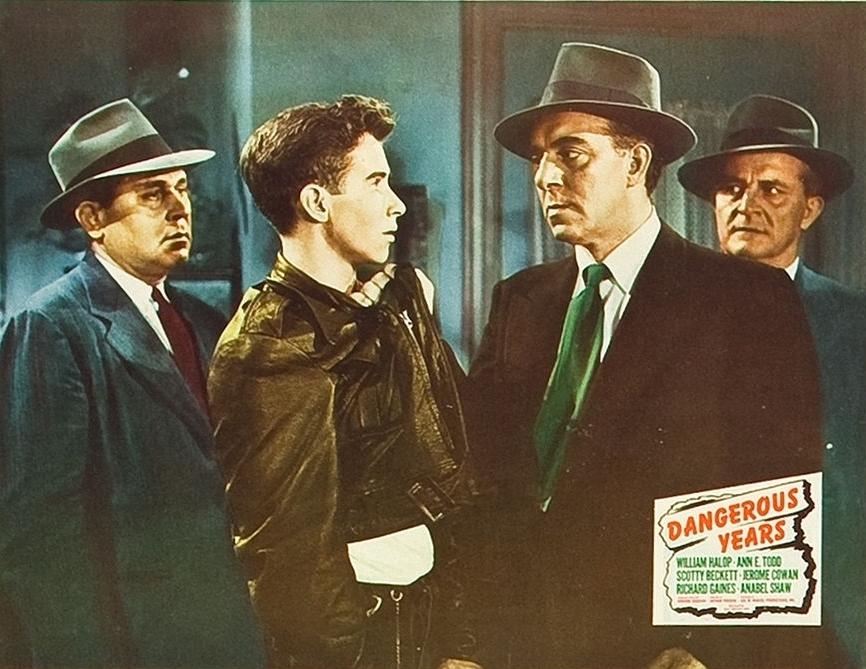Commentary
Throughout history, there has been a natural antagonism between the youth and the generation before, who are all too quick to shake their heads and say, “this modern generation.” Yet who is to blame for the youth’s wildness, immorality, or even delinquency, if not the generation that raised them? The Bible says we all “go astray as soon as they be born, speaking lies,” yet it also says we are given parents to guide us. It’s every parent’s job to raise his child with love and understanding, nurturing him in the graces and ways of God.





